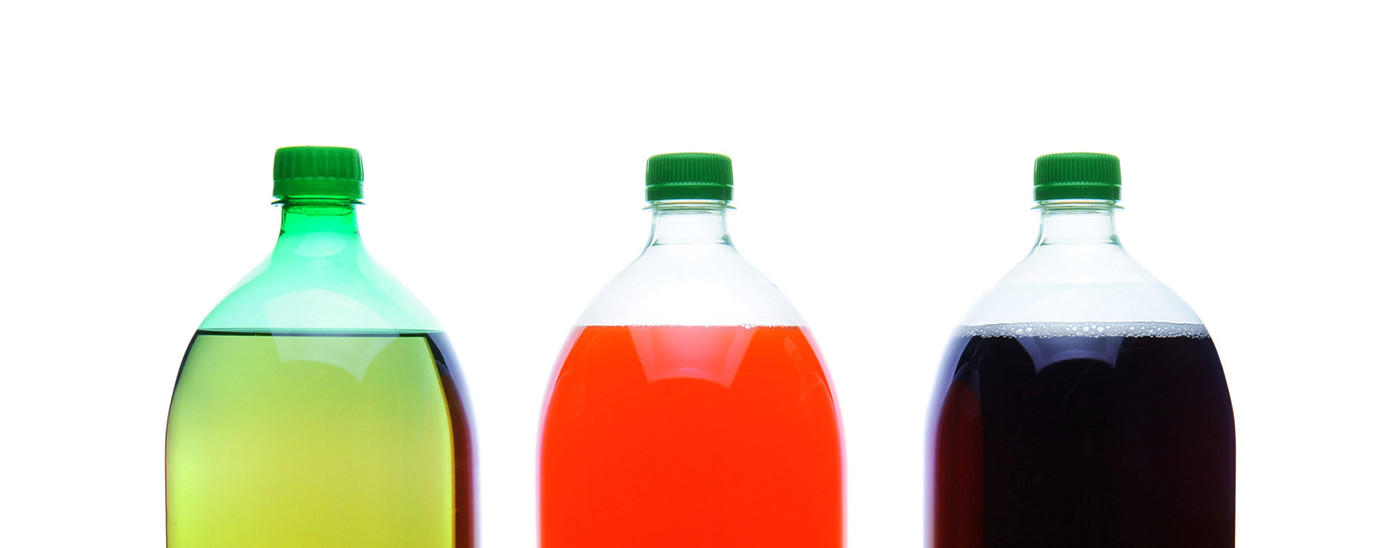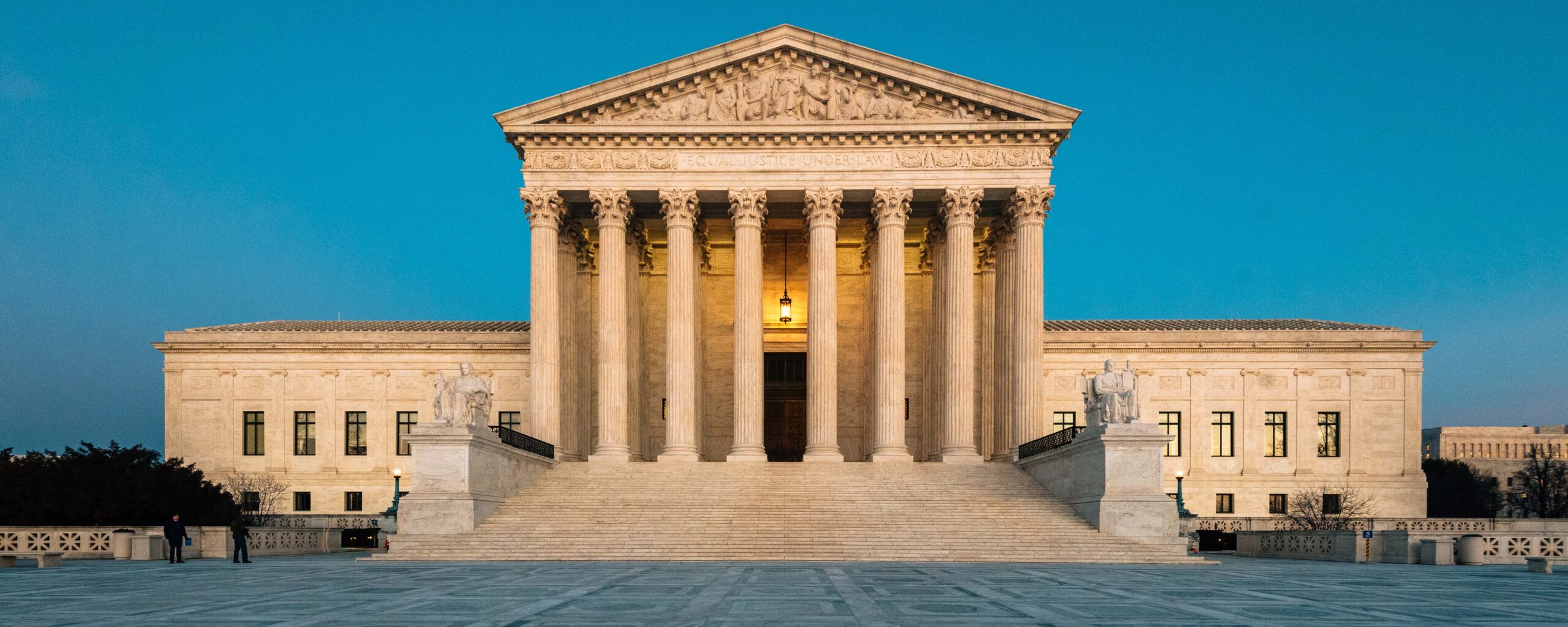Getting children to cut back on sugar-sweetened beverages like soda and energy drinks has been the goal of anti-obesity public service advertisements (PSAs) in cities across the United States. But to achieve that, the PSAs use very different strategies – some aim for humor, some use scare tactics, and some appeal to parents’ nurturing instincts.
A new study takes an experimental approach to identify the effectiveness of specific persuasive techniques used in the PSAs. Researchers found that the PSAs that were perceived as making a stronger argument for reducing sugary beverages and produced greater feelings of hope and empowerment made parents more likely to say they intended to cut back on their children’s intake of sugary drinks.
The study, “Sugar-Sweetened Beverage-Related Public Service Advertisements and Their Influence on Parents,” was conducted by researchers at the University of Pennsylvania and published online in July in American Behavioral Scientist. The public service ads targeted sugary beverages including non-diet soda, sweetened tea, and sports, energy and fruit drinks.
The study, involving a national sample of 807 parents with children ages 3 to 17, found that persuasive techniques that used fear or nurturance were more significantly related to an ad’s perceived argument strength. Those emotional appeals may be more promising strategies for health-related messages directed at parents, the researchers said.
“Study after study shows that sugar-sweetened beverage consumption is associated with weight gain in children,” said Amy Jordan, lead author of the research and a distinguished research fellow of the Annenberg Public Policy Center (APPC). “There are now a plethora of campaigns encouraging healthier beverage consumption, and research like this helps to identify which strategies have the greatest likelihood of resonating with parents.”
Amy Bleakley, a senior research scientist at APPC and a co-author of the study, said, “It’s important to have research-based, evidence-driven ads. You want to know before you create the ads which strategies are effective for your audience.”
This study followed one published earlier this year in which teens were shown the same PSAs. It found that the PSAs based on fear – which warned about the health consequences of too much sugar, including obesity, diabetes and amputations – had the greatest effect on the teens’ intention to cut back on sugary drinks. It was published in the Journal of Health Communication.
In addition to Jordan and Bleakley, the study’s authors were Michael Hennessy, formerly of APPC; the University of Pennsylvania’s Karen Glanz, at the School of Nursing, and Andrew A. Strasser, at the Perelman School of Medicine, both also APPC distinguished research fellows; and Sarah Vaala of the Vanderbilt University School of Nursing.
The Annenberg Public Policy Center was established in 1994 to educate the public and policy makers about the media’s role in advancing public understanding of political and health issues at the local, state and federal levels.
For more information contact Michael Rozansky at mrozansky@asc.upenn.edu.


